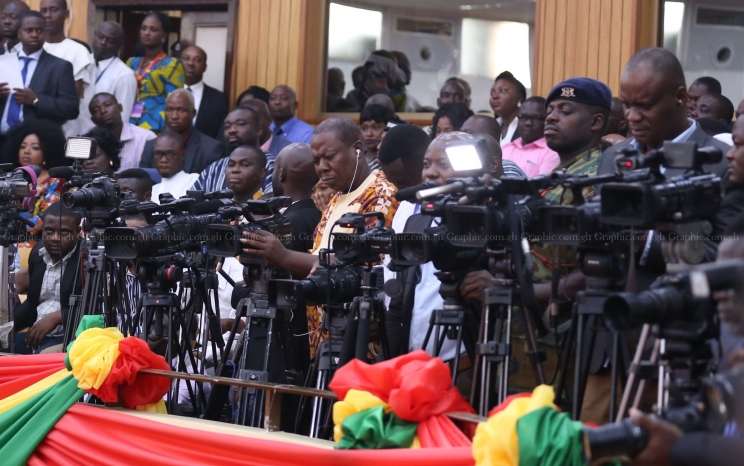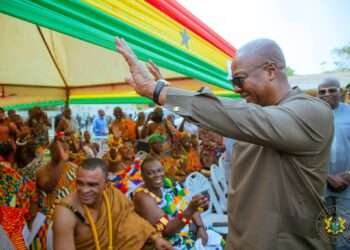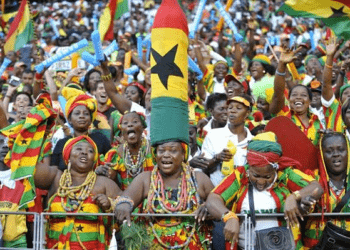In a bid to address mounting criticisms from media partners, civil society activists and political leaders over quotas for media accreditation at collation centres, the Electoral Commission (EC) of Ghana has issued a press statement assuring the public and the media of its commitment to transparency.
The announcement comes amidst criticisms following the circulation of an internal memo directing EC staff at district and regional levels to select specific media houses for accreditation to its collation centres.
According to the statement, signed by Samuel Tettey, Deputy Chairman in charge of Operations, the Commission has been inundated with concerns from several media organizations, including key partners, regarding perceived inequities in the quotas allocated to media houses.
“As a listening Commission, we are engaging with the leadership of the Ghana Journalists Association (GJA) and the Ghana Independent Broadcasters Association (GIBA) on the issue and trust that we will arrive at an arrangement that is both workable and acceptable”.
Samuel Tettey, Deputy Chairman, Operations, Electoral Commission of Ghana
The statement further noted that the Commission is keen on ensuring the highest level of transparency in its operations, hence the opening up of all its Constituency, Regional, and National Collation Centres to the Media.
Balancing Access with Order
While reaffirming its openness to media coverage, the EC underscored the necessity of maintaining order and peace at all collation centres. To achieve this, it has implemented quotas limiting the number of individuals permitted to access these centres at any given time.
This measure, the Commission insisted, is essential to prevent overcrowding and ensure smooth operations during the collation process.

Expressing optimism about the outcome of its engagement with the GJA and GIBA, the EC stated its confidence in reaching an arrangement that will satisfy all parties.
Samuel Tettey, Deputy Chairman of Operations at the Electoral Commission of Ghana indicated that the Commission’s efforts align with its broader commitment to transparency, fairness, and integrity in Ghana’s electoral processes.
The EC’s approach to media accreditation for the upcoming elections has sparked significant criticisms from journalists, civil society groups, and political stakeholders.
Critics have argued that the selection process could undermine media independence and equitable access to vital electoral processes.
The Member of Parliament for South Dayi Constituency, Hon. Rockson-Nelson Etse Dafeamekpor Esq, in a scathing critique, condemned the announcement by the Electoral Commission (EC) to restrict media coverage at constituency collation centres during the 2024 general elections.
According to the MP, the EC’s directive to allow only eight media stations—comprising three television and five radio stations—to cover constituency-level collation activities while requiring other outlets to rely on their feed is both unlawful and detrimental to the principles of transparency and free elections.
As Ghana gears up for its December 2024 general elections, the role of the media in providing accurate and timely reporting remains pivotal.
The Electoral Commission’s ability to foster a transparent and inclusive environment for media coverage will undoubtedly be a litmus test of its commitment to democratic principles.
READ ALSO: Energy Minister Confirms Asogli Plant Resumes Operations





















